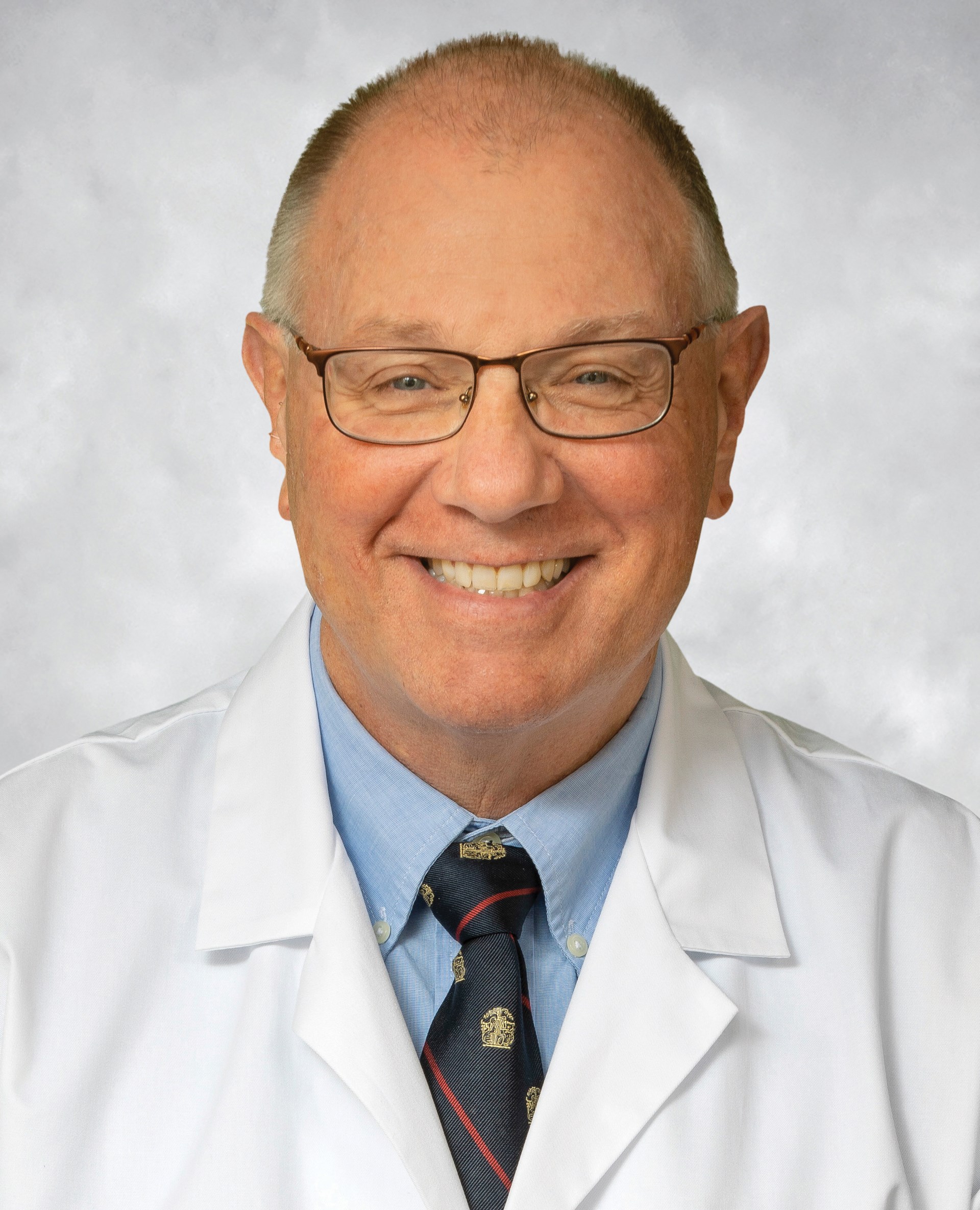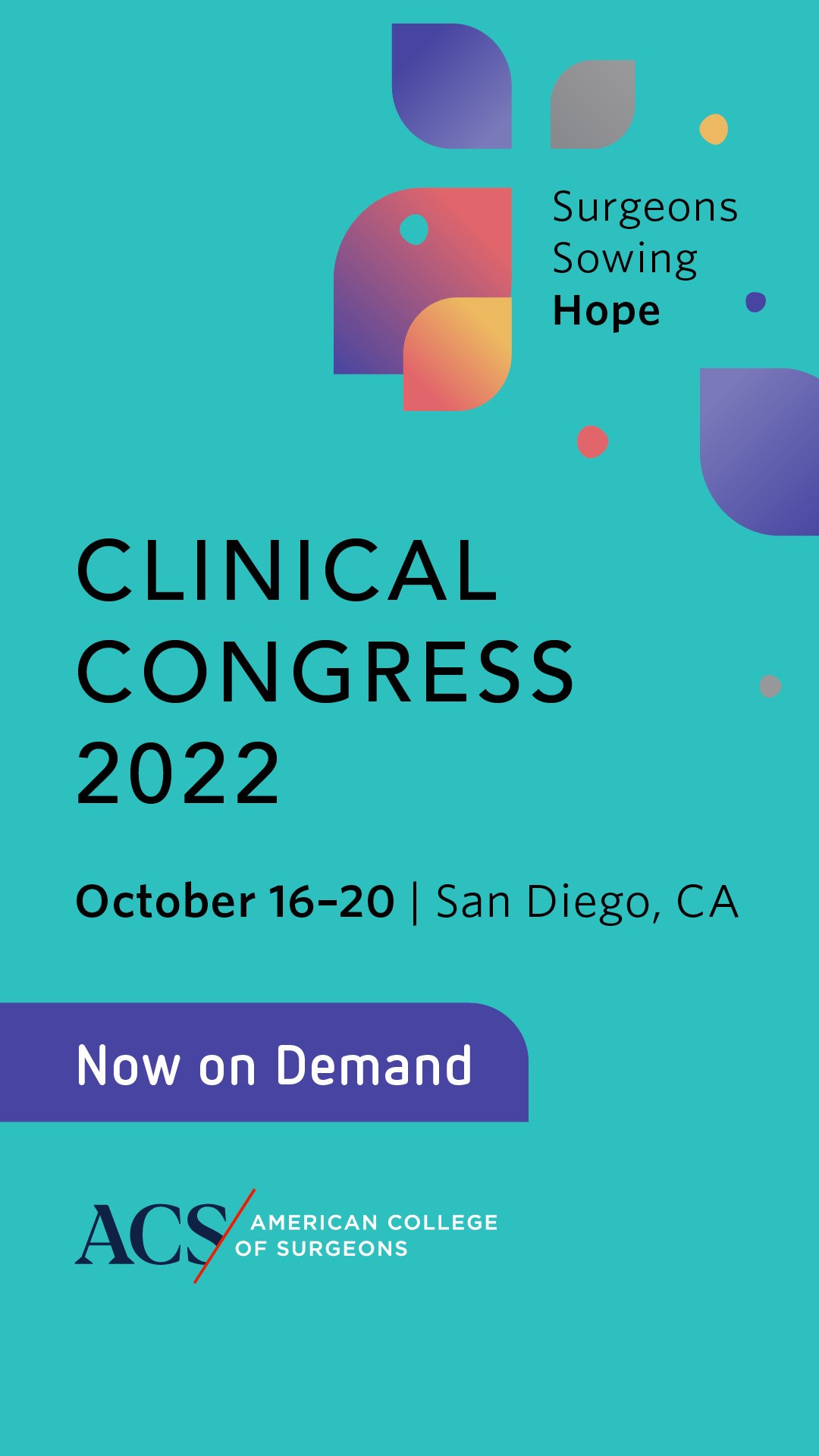The National Press Club in Washington, DC, served as the backdrop Friday for the official public launch of the ACS Power of Quality Campaign. This national, multiyear campaign is aimed at improving care for all surgical patients by increasing awareness about the importance of quality with a goal of bringing ACS Quality Programs into every hospital in America.
“We are driving a national conversation about quality and the key role that programs like ours can play in improving care for patients everywhere. This means engaging with hospitals, policymakers, payers, and patients to ensure the entire healthcare ecosystem understands the Power of Quality,” said Patricia L. Turner, MD, MBA, FACS, ACS Executive Director & CEO. “This means having meaningful conversations like the one we will have today about how we can all work collaboratively to improve quality.”
The College was built on a foundation of quality in 1913—and surgeons have long known that quality care not only is good for patients but also is good for healthcare processes and financial efficiencies.
“Quality has become so much more complex and sophisticated,” said Clifford Y. Ko, MD, MS, MSHS, FACS, FASCRS, a colorectal surgeon at the University of California Los Angeles and Director of the ACS Division of Research and Optimal Patient Care. “We now have so many different domains of quality and metrics that healthcare teams don’t know how to improve those metrics. The College can help ‘improve the improvement’ because we have standards that describe the things we need to do and explain what the infrastructure and resources are needed to do them.”
The ACS has 18 Quality Programs that provide roadmaps for specialties such as trauma, cancer, geriatrics, bariatrics, and children’s surgery, including a program that addresses processes for a hospital’s entire surgical system.
At the Inova Health System in Virginia, where urological surgeon J. Stephen Jones, MD, FACS, is the president and CEO, quality is not looked at in a silo by department or hospital but systemwide. “We look at clinical excellence. Quality is a part of that, safety is a part of that, patient experience and financial stewardship are a part of that,” he said. “We need the mindset that we will continually improve to be the best and never accept that we can’t be better. And, by the way, we think this is the right business decision too. It’s not a tradeoff.”
Drs. Ko and Jones participated in a panel discussion about the importance of quality that also included breast oncology surgeon Kirsten K. Edmiston, MD, MPH, FACS, vice president of surgical safety and operations at Inova Health, and vascular surgeon and ACS Regent Anton N. Sidawy, MD, FACS, professor and Lewis B. Saltz Chair of the Department of Surgery at George Washington University in Washington, DC.
In addition to educating hospital administrators and healthcare teams about the importance of quality, Dr. Sidawy emphasized that the quality journey needs to involve patients and their families. “This is extremely important because they will better understand what’s going on,” he said. “We educate patients before they leave the hospital but we don’t extend that to their homes. Postsurgical care, I believe, will become more efficient and effective by doing so.”
Another goal of the Power of Quality Campaign is to help policymakers and payers understand the relationship between quality and cost. “If we decrease our costs, we don’t necessarily get better quality. Sometimes we get worse quality,” explained Dr. Ko. “However, if we prioritize quality and quality gets better, then there are fewer complications, fewer readmissions, and patients don’t have to go through the emergency department or have extra radiology exams. That saves money.”
He also articulated the importance of incorporating patient-centered goals into reimbursement models. Having recently operated on a 32-year-old and a 101-year-old in the same week, he pointed out the obvious—that each patient had a different postoperative goal. “We need to focus on individualized quality, what’s best for each patient, and how we can do it in an efficient, effective, and timely way,” he said. “These measures need to be aligned so that what’s in the patient’s best interest is also what surgeons are incentivized to do.”
The next steps include launching a public-facing campaign in test markets around the US, developing patient information materials, and working more closely with surgeons in those test-market areas to champion the Power of the Quality messages.
A video of the discussion is available on the ACS website, where additional information about the campaign also is available.










